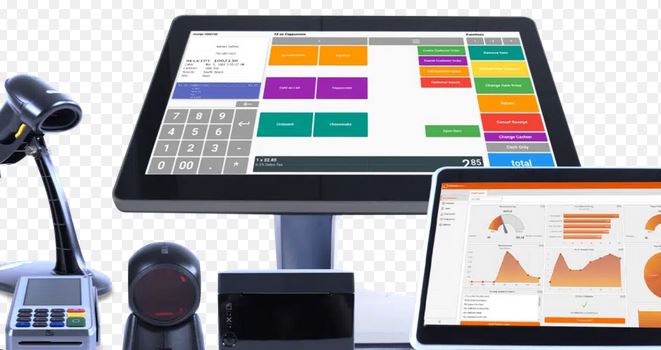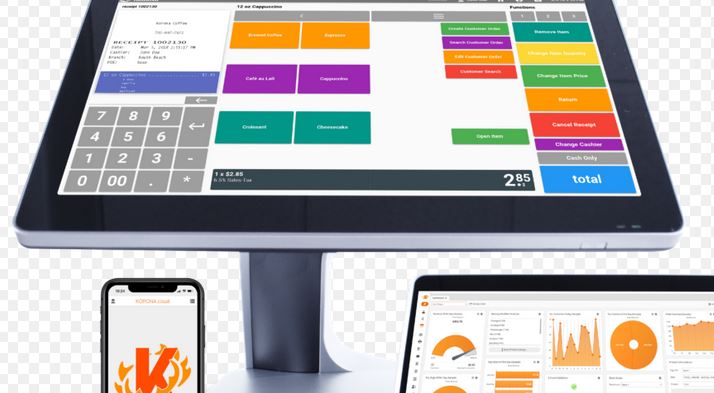Opening and managing an antique store comes with its unique challenges and opportunities. One crucial aspect of running a successful antique business is selecting the right Point of Sale (POS) system. Here’s a comprehensive guide on how to choose a POS system tailored to the needs of your antique store.

Understanding the Needs of Your Antique Store
Before delving into the specifics of a POS system, it’s essential to understand the unique requirements of an antique store. Antiques often come with diverse pricing structures, historical significance, and varied sizes. Your POS system should accommodate these intricacies to ensure smooth transactions and inventory management.
Pro Tip: Look for a POS system that allows flexible item categorization and provides detailed descriptions to capture the unique features of each antique.
Examining Inventory Management Features
Effective inventory management is at the heart of a successful antique store. A robust POS system for your antique store should offer advanced inventory management features. This includes the ability to track individual items, manage consignments, and generate detailed reports on sales and stock levels.
Pro Tip: Choose a POS system that provides real-time inventory tracking to prevent overselling and streamline restocking processes.
Integrating with Accounting Software
Simplify your financial processes by selecting a POS system that seamlessly integrates with accounting software. This integration helps automate bookkeeping tasks, reduces the chances of errors, and provides a comprehensive overview of your store’s financial health.
Pro Tip: Opt for a POS system that integrates with popular accounting software like QuickBooks or Xero for efficient financial management.
Prioritizing Customer Relationship Management (CRM)
Building and maintaining customer relationships is essential for any retail business, including antique stores. A POS system with robust CRM features allows you to track customer preferences, purchase history, and contact information. This information becomes valuable for targeted marketing efforts and personalized customer experiences.
Pro Tip: Choose a POS system with CRM capabilities to enhance customer engagement through loyalty programs and personalized promotions.
Ensuring User-Friendly Interfaces
Your staff should be able to navigate the POS system effortlessly to ensure smooth transactions and minimize errors. Opt for a user-friendly interface that requires minimal training. This is especially important in an antique store where items may not have standardized barcodes.
Pro Tip: Prioritize POS systems with intuitive interfaces to enhance staff efficiency and reduce the learning curve.
Implementing Security Measures
Security is a top concern in any retail business. Your POS system should adhere to industry-standard security protocols to protect sensitive customer information and transaction data. Look for features like end-to-end encryption and secure payment processing.
Pro Tip: Invest in a POS system with robust security measures to build trust with your customers and safeguard your business.
Evaluating Scalability
As your antique store grows, so should your POS system. Select a system that can scale with your business, accommodating an increasing number of products, customers, and transactions.
Pro Tip: Choose a scalable POS system that can adapt to the evolving needs of your antique store, ensuring long-term viability.
Analyzing Customer Support and Training
Even the best POS systems may encounter issues or require staff training. Choose a provider that offers robust customer support, including responsive helplines, online resources, and training programs for you and your team.
Pro Tip: Prioritize POS systems with accessible customer support to quickly address any concerns and ensure smooth operations.
Exploring Customization Options
Every antique store has its own brand identity and specific needs. Look for a POS system that allows customization, such as branding receipts, adding your store logo, and adjusting the system to match the unique aesthetics of your antique shop.
Pro Tip: Personalize your POS system to create a cohesive and branded shopping experience for your customers.
Conclusion
In conclusion, selecting the right POS system is a crucial decision for the success of your antique store. By understanding your specific needs, prioritizing features like inventory management and CRM, and ensuring user-friendly interfaces and security, you can make an informed choice. Invest time in exploring different options, and choose a POS system that aligns with the unique requirements of your antique business.
